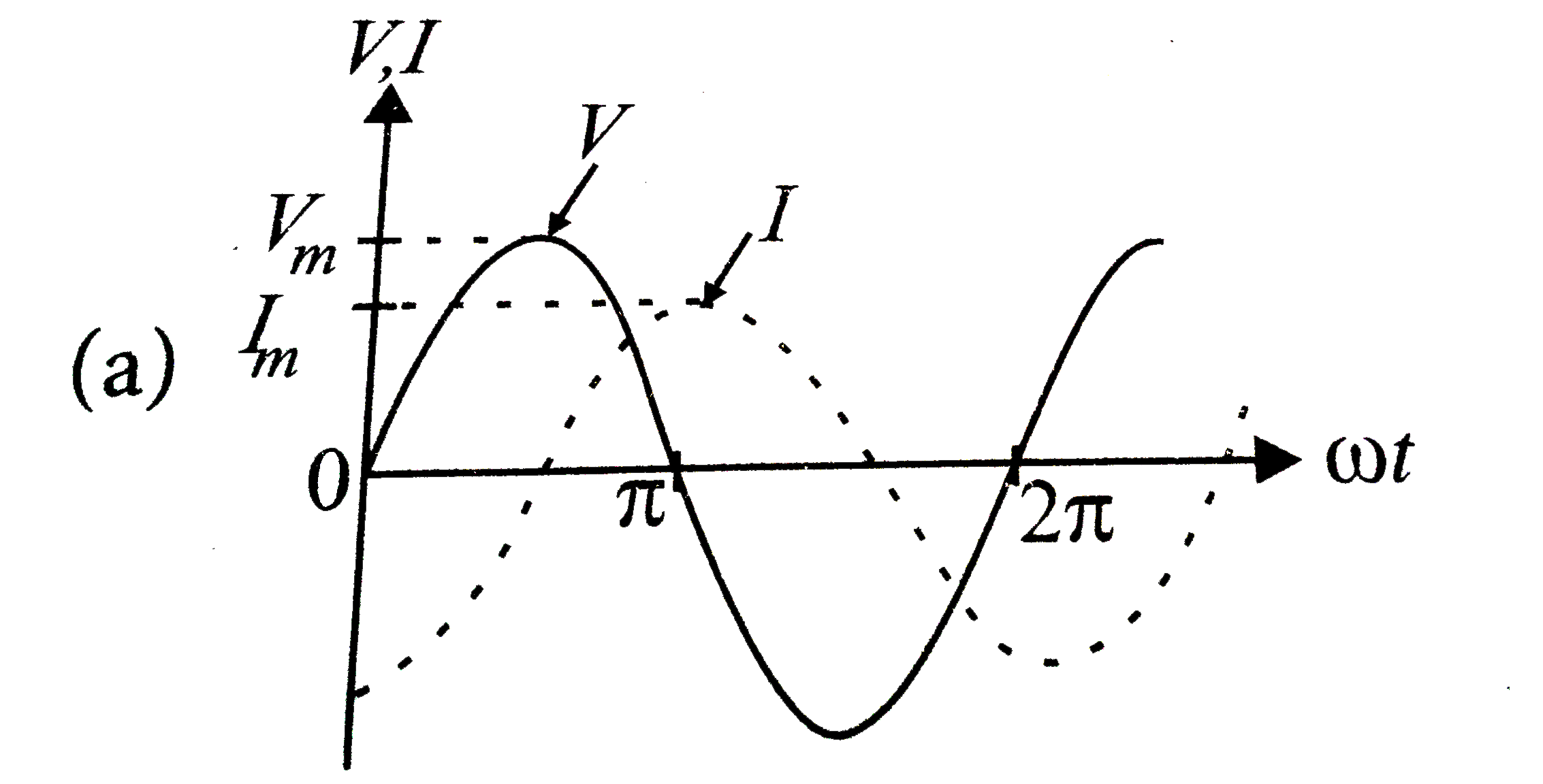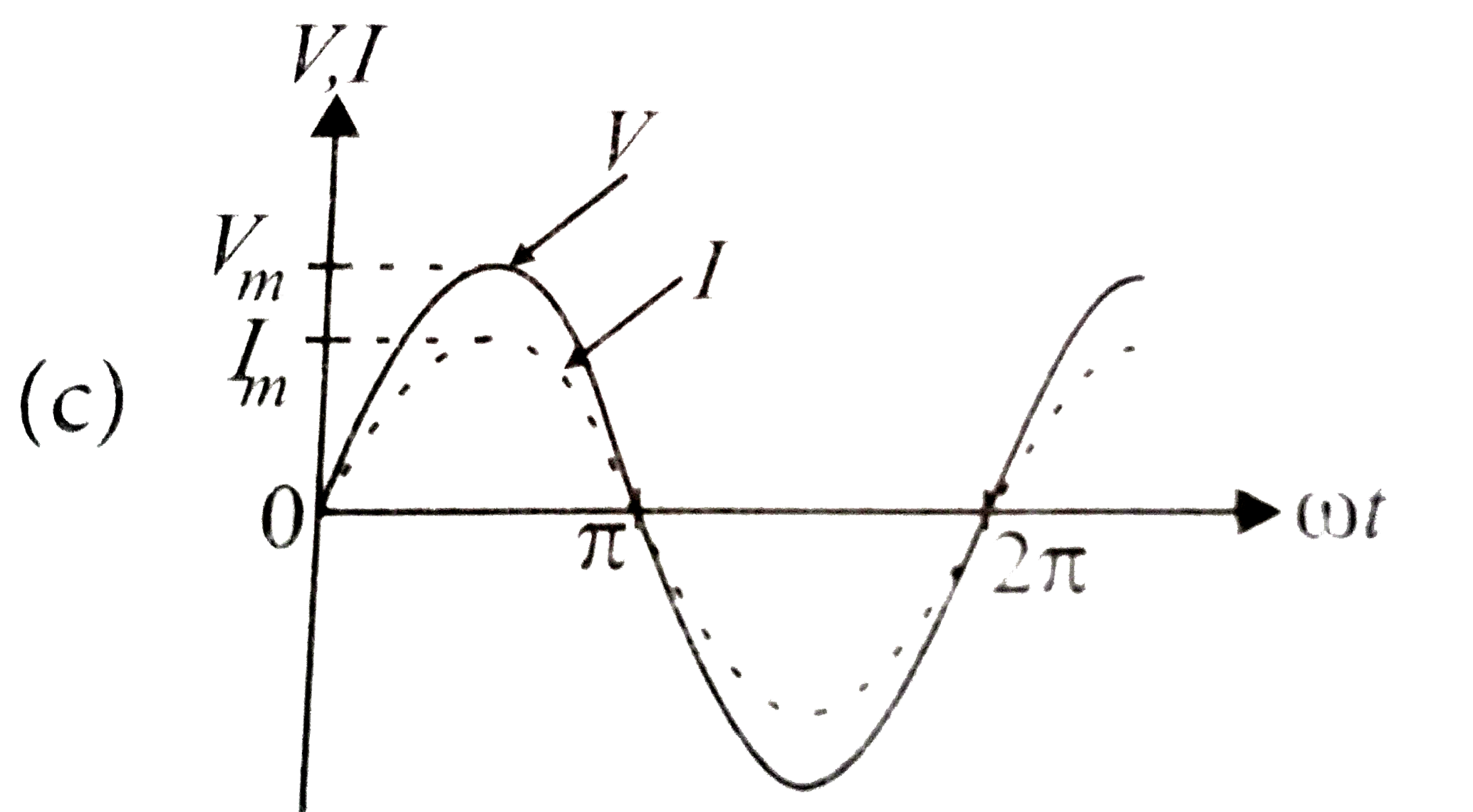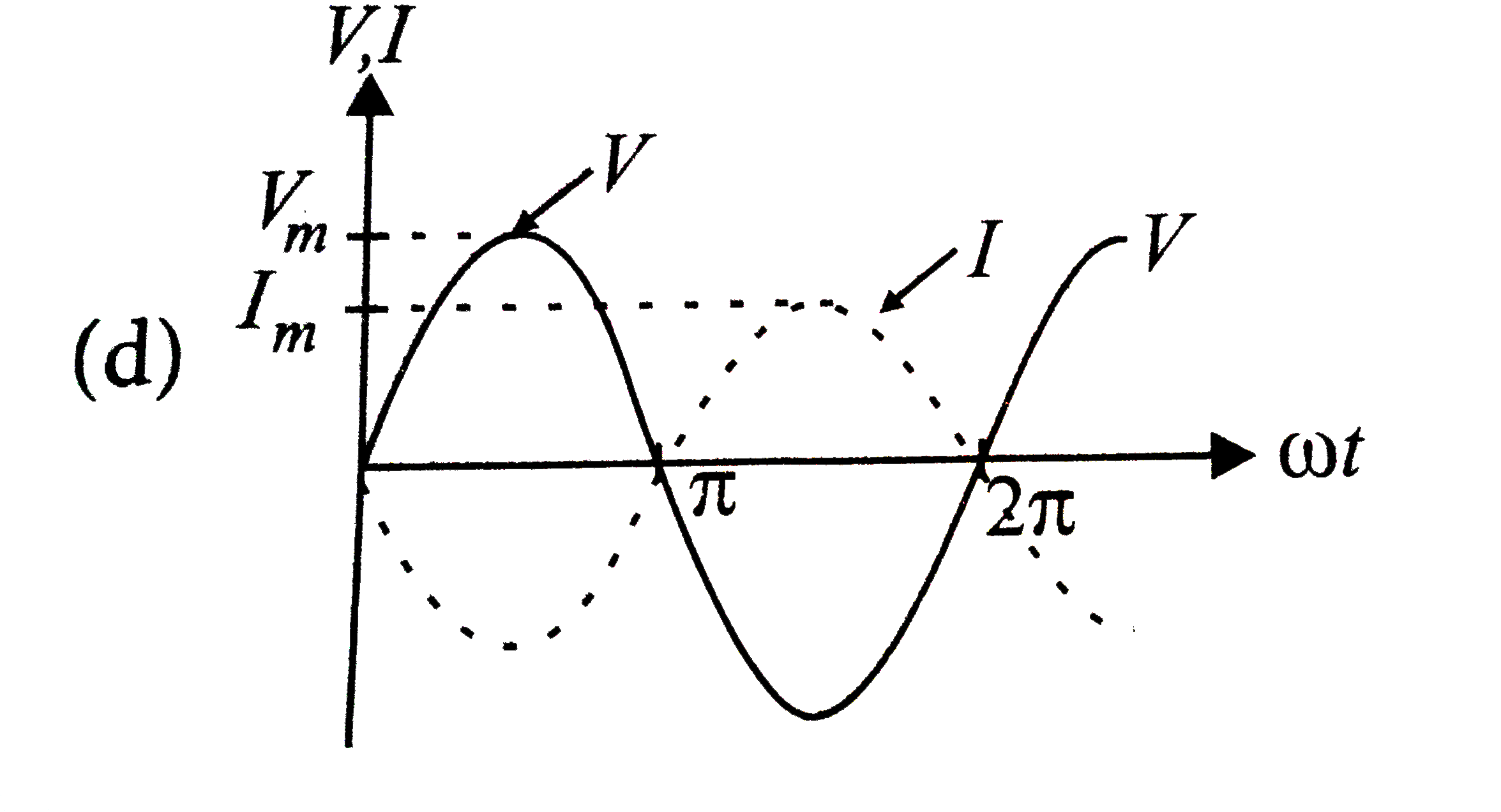Assertion : Faraday's law are consequences of conservation of energy .
Reason : In a purely resistive of A.C. circuit ,the current legs behind the e.m.f. in phase .
Both 'A' and 'R' are true and 'R' is the correct explanation of 'A'.
Both 'A' and 'R' are true and 'R' is not the correct explanation of 'A'
'A' is true and 'R' is false
Both 'A' and 'R' are false
The correct Answer is:C
Step by step video & image solution for Assertion : Faraday's law are consequences of conservation of energy . Reason : In a purely resistive of A.C. circuit ,the current legs behind the e.m.f. in phase . by Physics experts to help you in doubts & scoring excellent marks in Class 12 exams.
Updated on:21/07/2023Topper's Solved these Questions
- ALTERNATING CURRENTBOOK - AAKASH SERIESCHAPTER - ALTERNATING CURRENTEXERCISE - EXERCISE - II
8 Videos
- ALTERNATING CURRENTBOOK - AAKASH SERIESCHAPTER - ALTERNATING CURRENTEXERCISE - EXERCISE - III
24 Videos
- ALTERNATING CURRENTBOOK - AAKASH SERIESCHAPTER - ALTERNATING CURRENTEXERCISE - EXERCISE - IA
15 Videos
- APPENDICES ( REVISION EXERCISE )BOOK - AAKASH SERIESCHAPTER - APPENDICES ( REVISION EXERCISE )EXERCISE - REVISION EXERCISE (MAGNETISM AND MATTER )
52 Videos
Similar Questions
Assertion: Faraday's laws are consequences of conservation of energy.
Reason: In a purely resistive AC circuit, the current lags behind the e.m.f. in phase
View SolutionAssertion : At resonance, LCR series circuit have a minimum current.
Reason : At resonance, in LCR series circuit, the current and e.m.f. are not in phase with each other.
View Solution
Knowledge Check
The phase relationship between current and voltage in a pure resistive circuit is best represented by
A B
B C
C D
D
Assertion : In a purely inductive or capacitive circuit, the current is referred to as wattless currents.
Reason : No power is dissipated in a purely inductive or capacitive circuit even though a current is flowing in the circuit.AIf both assertion ans reason are true ans reaason is the correct explanation of assertion.BIf both assertion and reason are true but reason is not the correct explanation of assertion.CIf assertion istrue but reason is false.DIf both assertion and reason are false.Assertion : The inductive reactance limits amplitude of the current in a purely inductive circuit.
Reason : The inductive reactance is independent of the frequency of the current.AIf both assertion ans reason are true ans reaason is the correct explanation of assertion.BIf both assertion and reason are true but reason is not the correct explanation of assertion.CIf assertion istrue but reason is false.DIf both assertion and reason are false.
Asseration:Lenz's law violates the principle of conservation of energy.
Reason: Induced e.m.f. opposes always the change in magnetic flux responsible for its production.
View SolutionAsseration:Lenz's law violates the principle of conservation of energy.
Reason: Induced e.m.f. opposes always the change in magnetic flux responsible for its production.
View SolutionAssertion:- Kirchhoff's voltage law indicates that field is conservative.
Reason:- Potential difference between two points in a circuit does not depend on path
View SolutionA cell of e.m.f. E and internal resistance r is used to send current to an external resistance R. Write expressions for (a) the total resistance of circuit, (b) the current drawn from the cell, (c) the p.d. across the cell, and (d) voltage drop inside the cell.
View SolutionAssertion : In series L−C−R,AC circuit, current and voltage are in same phase at resonance.
Reason : In series L−C−R,AC circuit, resonant frequency does not depend on the value of resistance. Hence, current at resonance does not depend on resistance.
View Solution
